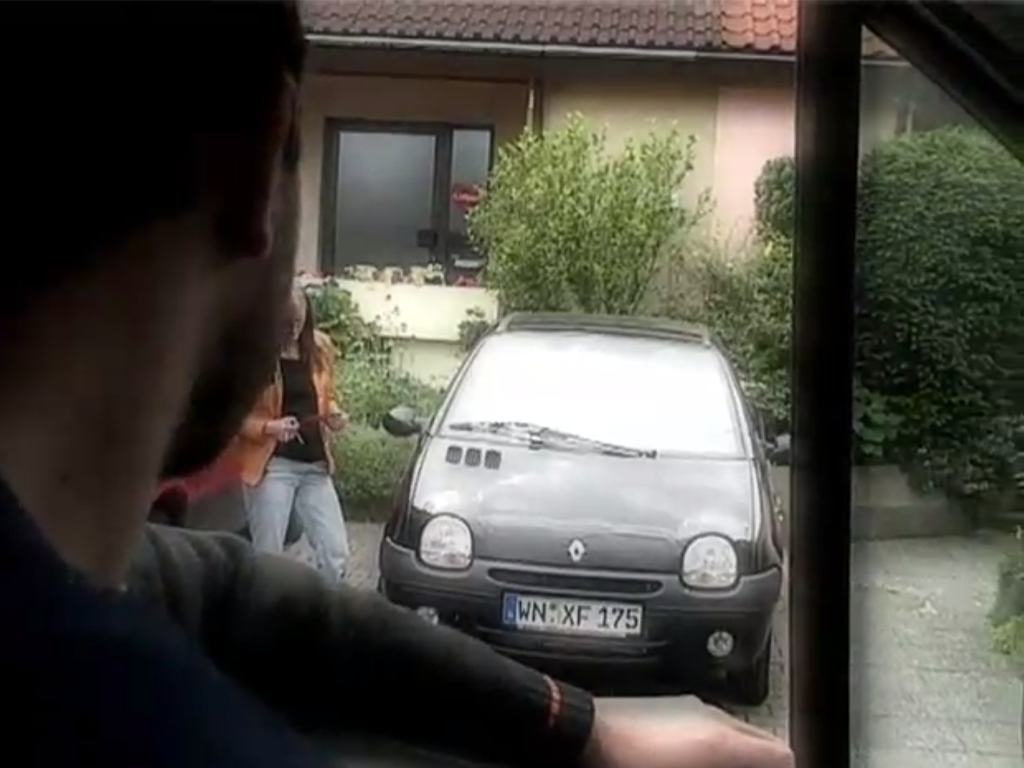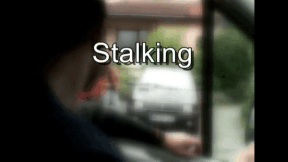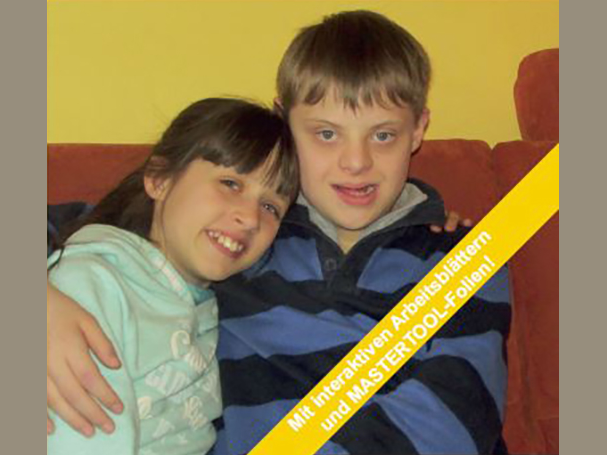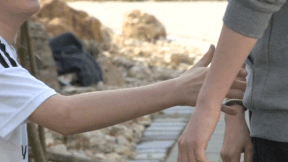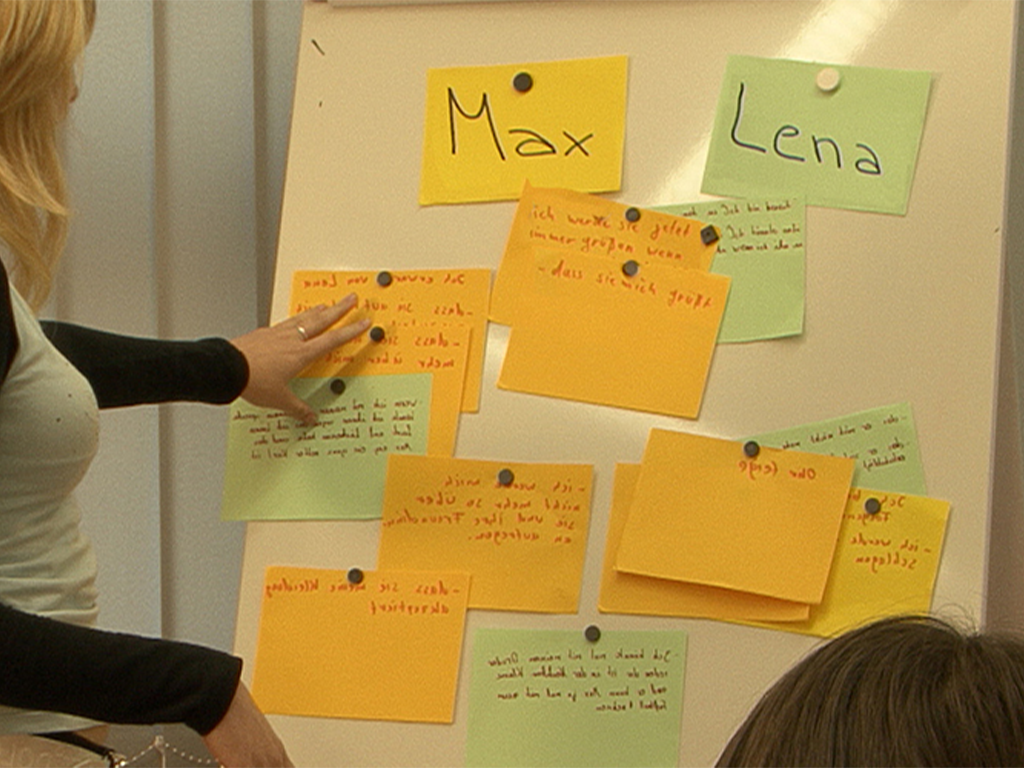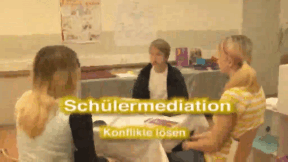 Economy
Economy

46500904 / 55500660
World Trade
Conditions, Opportunities, Conflicts
Many of the goods we use every day come from foreign countries and have to be imported into Germany. Without a functioning world trade our range of products would be very limited. Often goods are transported over long distances from A to B before we can use them. Quote Prof. Dr. Gabriel Felbermayr, ifo Institute: “Basically, countries can trade in all kinds of goods. These are mostly physical commodities, corn, steel or cars, but also services can be traded. From Germany you can import a banking service, City of London for example, or insurance services, or stream a Hollywood film on your computer or laptop. But there are a lot of goods that are non-tradable, for example houses.“ Due to increasing globalisation, that is the networking and development in all sectors worldwide, a smooth exchange of goods and services is very important for a functioning economy. Quote Prof. Dr. Gabriel Felbermayr, ifo Institute: “I think we must assume that most countries in the world have different strengths and weaknesses. Germany is good at making cars but we are less good at developing software. It makes sense, therefore, that we specialise in what we can do well, e.g. cars, and leave those things we cannot do so well, such as programming software, to others, for example to the Americans. And then we exchange these commodities. And as we are good at producing cars we are supplied with quite a lot of software by the USA. By specialising on what they can do well, they can consume more goods all in all. That’s the advantage of trade.“
Play trailer
Curriculum-centred and oriented towards educational standards
Matching
Stalking
n Germany, 12 % of all federal citizens are pursued by a stalker once in their lives. And not only celebrities are among their victims! Everyone may be confronted with such a situation.
Peer Mediation
Lena and Max attend the 7th form. Max is new in class. During a break, Max notices that Lena and her friend are laughing at him again. Max loses his temper! He slaps Lena in the face. That hurts and Lena runs back into the classroom with a red cheek. The growing conflict between the two has escalated. Just like Lena and Max, every day pupils all over Germany have rows with each other. At the Heinrich Hertz Gymnasium in Thuringia, pupils have been trained as mediators for years. At set hours, they are in a room made available by the school specifically for mediation purposes. The film describes the growing conflict between Max and Lena and shows a mediation using their example. In doing so, the terms “conflict” and “peer mediation” are explained in a non-technical way. The aims of peer mediation and its progress in five steps as well as the mediators’ tasks are illustrated. The art of asking questions and “mirroring”, which the mediators must know, is described and explained. Together with the comprehensive accompanying material, the DVD is a suitable medium to introduce peer mediation at your school, too.




